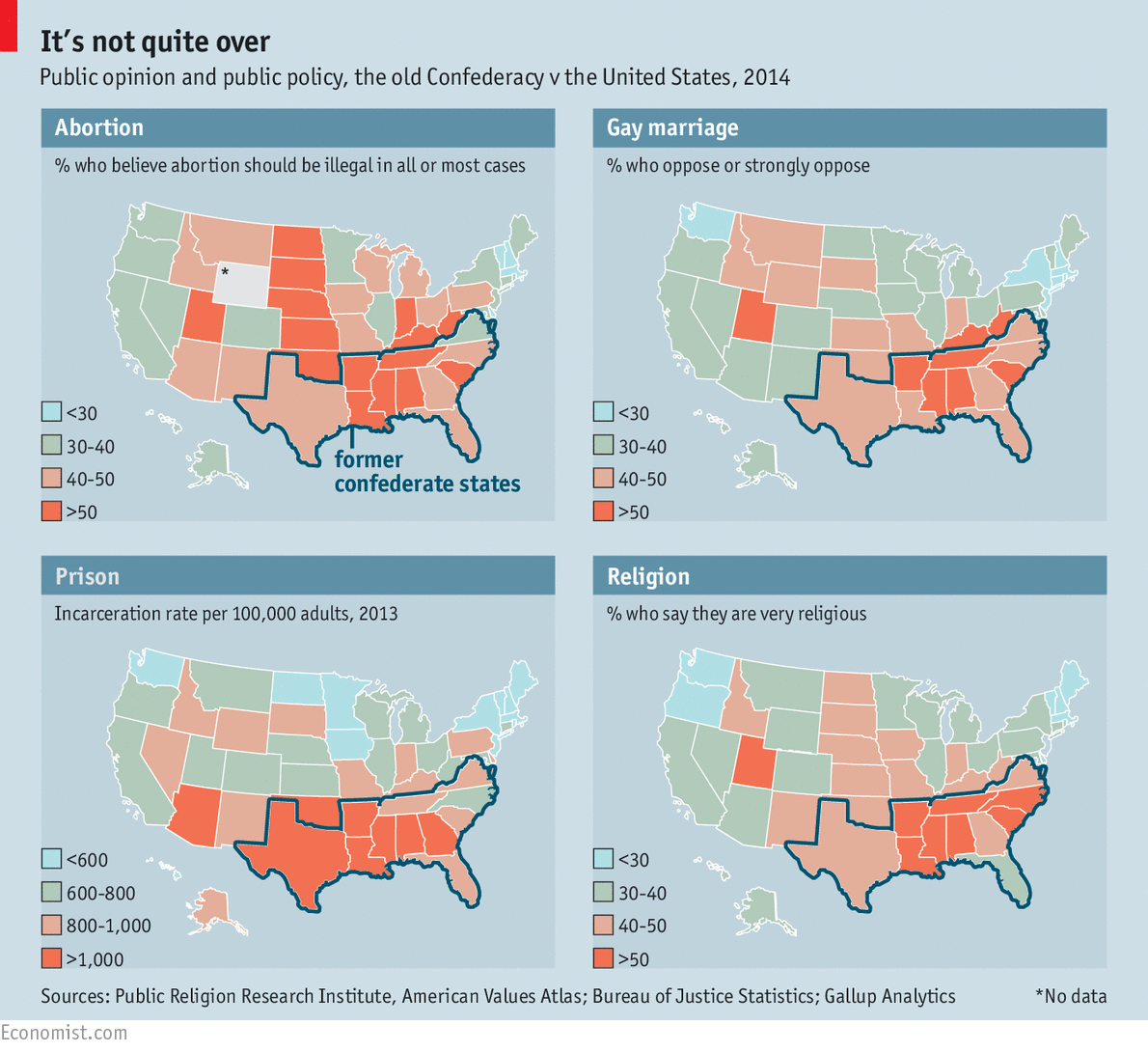How Rand Paul’s Campaign Is Already Succeeding

Even if Rand Paul is not elected president, he has already performed the country a great service. No, I’m not talking about the pending expiration of Section 215 of the Patriot Act. It will likely be a temporary victory at best. What Rand Paul is accomplishing is that he’s exposing some of the contradictions of the Republican Party’s establishment wing.
Establishment Republicans are the ones who like to talk about reaching out to new voters. They point out, correctly, that Republicans cannot win if they stay the party of old, white guys.
What Paul is doing is exposing the same GOP establishsment types who support every shift to the left and support every big government program in the name of “moving to the center” as frauds and liars. All Paul is simply doing is letting them go hysterical.
Take for example former New Hampshire Governor and Chief of Staff to George H.W. Bush John Sununu comments:
Once the primary is over, Sununu said it’s “stupid” for Republican voters to not back whomever wins the primary, with one exception, Sen. Rand Paul (R-KY).
Sununu said while he is tired of “stupid conservatives giving Democrats the election,” After Paul’s comments blaming Republican hawks for creating ISIS this week he now believes Paul’s national security positions are too extreme “isolationist,” and “to the left of Barack Obama.”
He added, “Frankly, I can not imagine Sen. Rand Paul (R-KY) as commander in chief.”
Here’s Fox News’s Brit Hume:
Bill Kristol also joined the parade last week calling Rand Paul a “liberal Democrat.” Kristol actually knows a thing or two about siding with liberal Democrats.
If Rand Paul accomplishes nothing else this campaign cycle, he exposed the self-described “big tent” Republicans as nothing more than a bunch of hypocrites. Most of these same guys are the ones who criticize conservatives who support primaring more moderate Republicans.
But when a Republican pushes back against issues the “big tent” crowd are passionate about, they must be driven out of the party. This is despite the fact that the American people want reforms to the Patriot Act to protect privacy and oppose giving arms to “moderate Syrian rebels.” If you’re going to take a stand and die on a hill, take a stand on issues that have popular support.
Rand Paul’s presidential campaign may yet crash and burn, but he has destroyed the credibility of “big tent” establishment Republicans.





